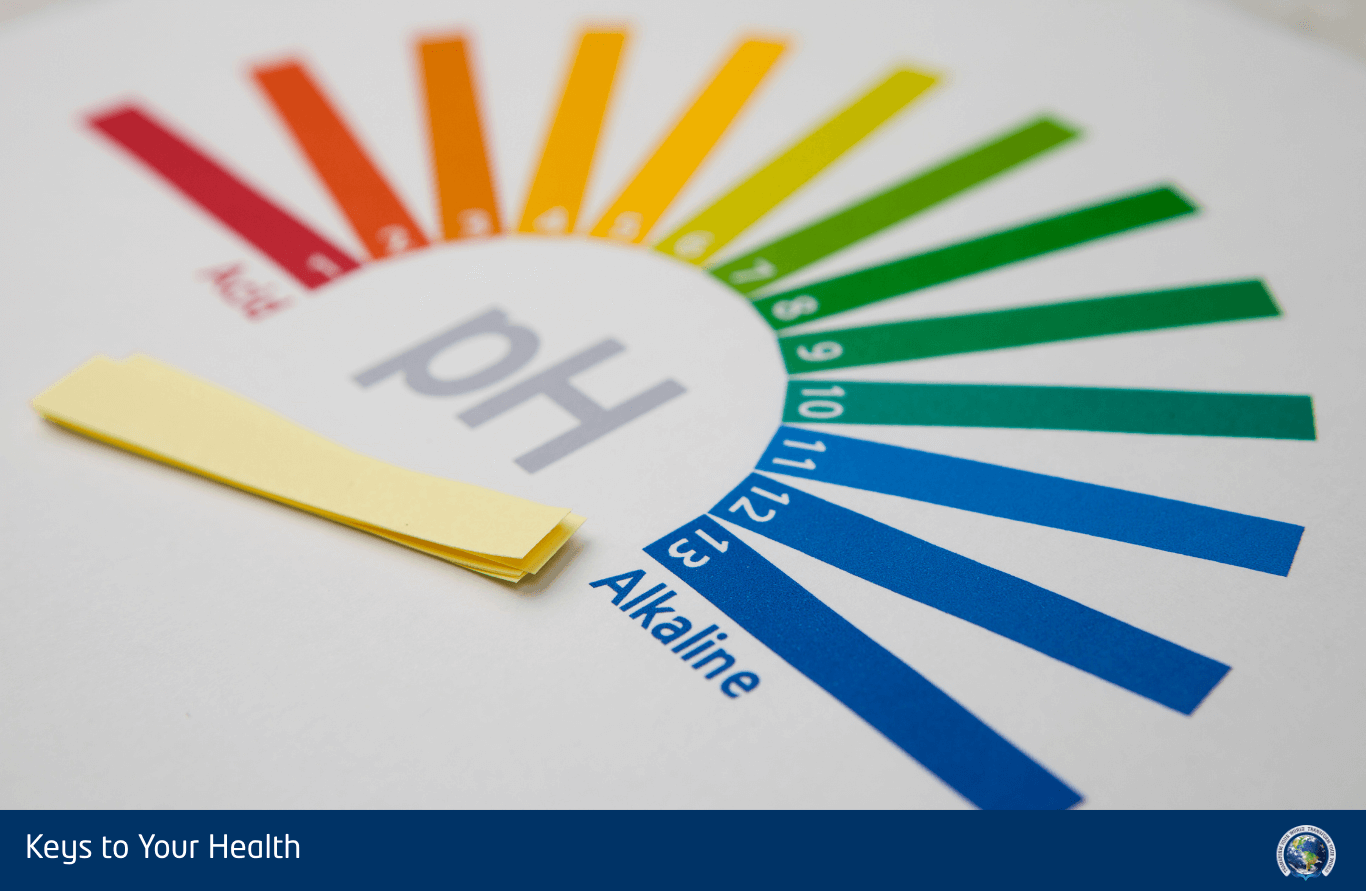Hydrogen is the lightest and most abundant element in the universe. It exists primarily as a gas (H₂) and is essential for various biological and chemical processes. In recent years, molecular hydrogen has gained attention for its potential health benefits, particularly as a selective antioxidant that helps protect the body from oxidative stress.
What is an Antioxidant?
Antioxidants are molecules that neutralize free radicals—unstable atoms that can cause damage to cells, leading to aging, inflammation, and diseases. While traditional antioxidants, such as vitamins C and E, work broadly against oxidative stress, hydrogen stands out due to its selective action against the most harmful reactive oxygen species (ROS) without disrupting beneficial signaling molecules.
Why Hydrogen is The Most Powerful Antioxidant
Antioxidants play a crucial role in protecting our bodies from oxidative stress, a condition linked to aging, inflammation, and various chronic diseases. Among all antioxidants, hydrogen stands out as a unique and highly effective molecule due to its selective antioxidant properties. Unlike conventional antioxidants, which neutralize all types of free radicals indiscriminately, hydrogen specifically targets the most harmful ones—reactive oxygen species (ROS)—while preserving beneficial molecules essential for cellular function.
How Hydrogen Works as an Antioxidant
Hydrogen, being the smallest molecule, can easily penetrate cell membranes and reach the mitochondria and nucleus, where oxidative damage primarily occurs. Studies suggest that molecular hydrogen effectively neutralizes hydroxyl radicals (*OH), the most destructive form of ROS, while leaving beneficial oxidants like hydrogen peroxide (H₂O₂) intact. This selective action ensures cellular protection without disrupting essential signaling pathways.
The Health Benefits of Hydrogen as an Antioxidant
1. Reduces Oxidative Stress and Inflammation
Excessive oxidative stress is associated with numerous diseases, including cardiovascular issues, neurodegenerative disorders, and diabetes. Hydrogen therapy has been shown to mitigate oxidative damage and reduce inflammation, promoting overall health and longevity (Medical Gas Research).
2. Enhances Energy Production
By protecting mitochondria from oxidative damage, hydrogen helps maintain optimal cellular energy production. This is especially beneficial for athletes and individuals experiencing chronic fatigue.
3. Supports Brain Health
Hydrogen’s ability to cross the blood-brain barrier allows it to protect neurons from oxidative damage, reducing the risk of cognitive decline and neurological disorders like Alzheimer’s and Parkinson’s disease.
4. Improves Recovery and Performance
Research suggests that hydrogen-rich water may help reduce muscle fatigue and accelerate recovery after intense physical activity by minimizing oxidative stress-induced damage to muscle cells.
5. Promotes Healthy Aging
Oxidative stress is a significant factor in the aging process. By neutralizing harmful free radicals, hydrogen helps slow down the aging process and supports skin health, cardiovascular function, and overall vitality.
How to Incorporate Hydrogen into Your Lifestyle
Hydrogen-Rich Water: Drinking hydrogen-infused water is one of the easiest and most effective ways to benefit from its antioxidant properties.
Hydrogen Inhalation Therapy: This method delivers hydrogen gas directly into the bloodstream, offering rapid and efficient antioxidant effects.
Hydrogen Tablets or Drops: These can be dissolved in water to enhance hydrogen intake.
Conclusion
Hydrogen is a game-changing antioxidant that selectively neutralizes harmful free radicals without disrupting essential biological functions. Its unique properties make it an essential addition to any health and wellness routine. By incorporating hydrogen into your daily life, you can support cellular health, reduce oxidative stress, and promote overall well-being and vitality.



